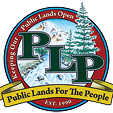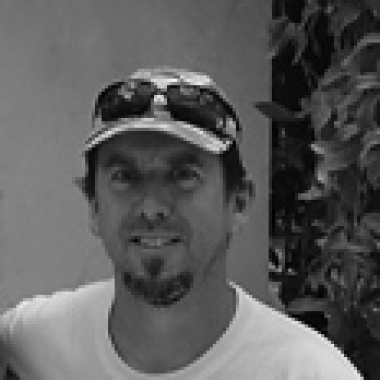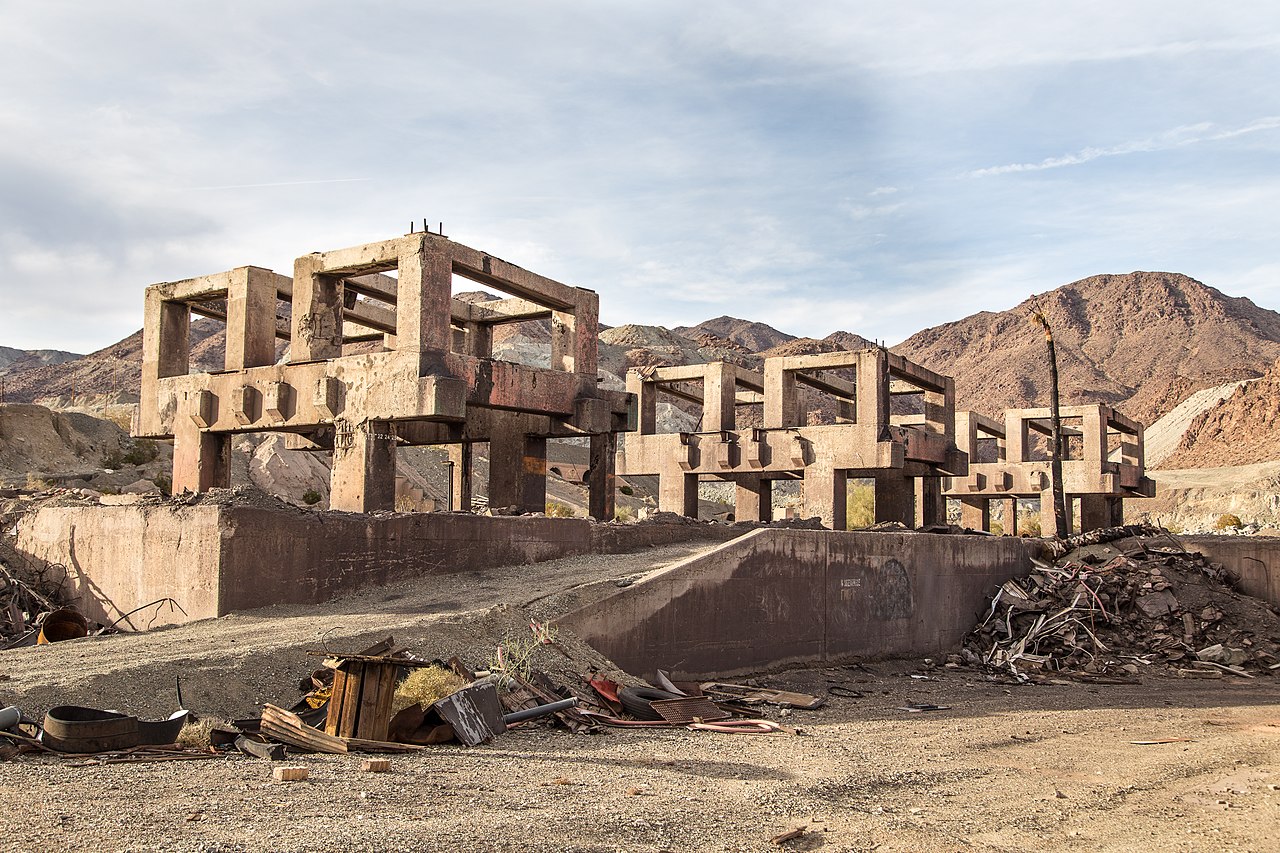PLP and Mining Districts
PLP Update: A Huge Win for Miners
January 2020 by Scott Harn
I usually provide a summary of what Public Lands for the People has been doing to help miners and other public land users, but they did the work for me and put out a summary in their member newsletter so I’m going to use that newsletter here.
PLP Member Wins “No Addition Argument” in CA State Court
For the very first time in California State court a small miner has won the “no addition argument”—this time against the CA Dept. of Fish & Wildlife.
As some of you may know, PLP member Godfrey won the issue against the Forest Service and CA Water Board in 2015. This win occurred on appeal at the federal level in US District Court.
In this latest case, gold miner Michael Osterbrink was charged by the Sierra County (California) district attorney. They claimed he had “polluted State waters with materials that are deleterious to fish” in violation of section 5650 of the CA Fish & Game code.
Michael Osterbrink is a prospector who was operating a gas-powered dry washer and vac-pack in a remote section of Sierra County. This high elevation area was a dry placer gulch for most of the summer and had piles of rocks left over from the work from miners during the gold rush and Depression era. Osterbrink had found some “chunky” pieces of gold with his metal detector, and then decided to work a pay layer within the gulch with his dry washer and vac-pack. This dry placer and gulch, at the time he worked it, was an intermittent stream course for which the CA Fish & Wildlife has regulatory authority.
The case was heard by Judge Yvette Durant in November 2019. PLP’s legal researcher, Clark Pearson, provided expert testimony on behalf of Osterbrink. Pearson testified that: …”no addition occurred in this case to trigger a violation of section 5650 because no foreign substances were added to the waterway” and he went on to say: “…that a violation of section 1602 is troubling because “substantially” used in this criminal regulation should be found void for vagueness by this court because it was not defined in the regulations or statute.” Pearson cited the Godfrey case as precedent to aid Judge Durant in her deliberations over the alleged violation of section 5650.
Locals who read an article in The Sierra Booster learned that Mr. Osterbrink was found guilty of violating CA Fish & Game code section 1602 and was ordered to pay a fine of $200 by the court (count 1). This is true. The court determined that there was sufficient evidence to show the defendant created a “substantial disturbance” in order to trigger the need for a CA 1602 (substantial stream diversion) permit. (PLP may follow this up and petition the CA Fish & Wildlife for further clarity on the existing 1602 trigger so that other miners do not get caught speculating what “substantial” means to their own work on the ground.)
Most significantly, what the drive-by media did not report is that Mr. Osterbrink was found not guilty of violating section 5650 of the CA Fish & Game code which prohibits pollution of state waters with materials that are deleterious to fish and wildlife (count 2).
PLP cannot understate the importance of this legal decision in our present battles with the political powers of the California swamp. This is a really big deal! The swamp in CA believes that miners are polluters—not so fast; how do we pollute if there are no foreign substances added or involved here? Judge Durant said something PLP has been saying for years:
“I really think 5650, the intent of the Legislature there is to deal with situations where a defendant has deposited something new, a foreign substance. …Here, there doesn’t seem to be any dispute that this defendant did not add anything new. So I am going to find Mr. Osterbrink not guilty on count 2.”
You may recall back in 2015, PLP member John Godfrey won the “no addition” argument (count 5) fighting the Forest Service.
In that case, the Forest Service even called a so-called “expert” lead engineer from the CA Water Board to testify that what Godfrey had done amounted to pollution—to no avail to the government. Godfrey won in federal court. While others did not recognize the magnitude of this important win, PLP was confident it was a solid argument that could also be won in California state courts. And now Osterbrink has won in California state court.
Osterbrink’s decision will go a long way in helping get suction dredging to legally return to California and Oregon, and can help miners in other western states as well. Now let that sink in.
PLP Assists with US Supreme Court Brief
Recently, PLP has been quietly working to assist, edit and refine the “no addition” argument in Pacific Legal Foundation’s brief to the US Supreme Court in EOMA & Waldo Mining District v. Oregon Dept. of Environmental Quality. Pacific Legal Foundation has a stellar track record—they do not take on cases unless there is a clear argument and a high probability of winning, and we’ve been honored to help with the legal arguments.
PLP Assists with EPA Petition & Appeal
PLP assisted member Don Smith of Idaho in his appeal and petition to the EPA and Army Corps clarifying that suction dredges (used in stream placer gold mining and reclamation) “do not as a matter of practice constitute a point source discharge of a pollutant namely because they do not add a pollutant within the meaning of the CWA.” The goal is to receive clarification from the EPA and Army Corps that suction gold dredges do not trigger the need for a Section 402 EPA permit because they do not add a pollutant. (View the petition.)
A total of 28 groups (counties, companies, mining clubs and associations) signed a letter of support for Don Smith’s petition. PLP followed up by contacting dozens of companies at the American Exploration and Mining Association (AEMA) tradeshow in Nevada in early December and many of them also signed on as supporters. AEMA signed on to the original letter of support and you can view that letter online.
(If your company, group or association would like to sign on as a supporter, you’ll find a link to the support letter in the online edition of this article, or give us a call at the Mining Journal. We will bring a copy with us on our next trip to visit the EPA in Washington, DC.)
A Plan to Fix the Dredge Permitting Scheme
We completely understand the frustration of suction gold dredgers—many of our members (and members of the PLP board) are dredgers too.
Some organizations and individual miners believe the answer is to demand a permit from states like California, but we respectfully—and strongly—disagree. Surrendering to a California pollution permitting scheme when there is no such pollutant involved is accepting extreme restrictions and huge fees, plus opening yourself up to liability—not to mention compromising responsible mining rights. Some federal and state agencies have teamed up with environmental groups to use this current pollution permit requirement to limit the number of dredges, to restrict work locations, nozzle sizes, work hours and more. They dislike miners in general, while hiding the facts that modern miners add no pollutants while reclaiming heavy metals and cleaning the environment!
Groups like the Idaho Conservation League (ICL) use the current pollution permit requirement to file civil lawsuits and the group is currently suing AMRA president Shannon Poe personally under this permit premise. Poe applied for a State of Idaho dredging permit in his case but declined to apply for a federal permit. The ICL is asking for fines in excess of $37,000 per day and “reasonable litigation costs and expenses, including attorney and expert fees, incurred in bringing this action” from Poe for suction dredging without a National Pollution Discharge Elimination System (NPDES) permit in 2014, 2015 and 2018.
While we completely appreciate and respect the efforts and enthusiasm of Poe and AMRA, we disagree with the strategy. Defending yourself by claiming you weren’t properly served a cease and desist notice from ICL will not make a case go away; it will only result in the service of another notice. (And the judge ruled he was properly served.) You must have a defendable position and plan in place before taking this type of action, and expert witnesses who are qualified in the eyes of the court are a must.
PLP has demonstrated these cases can be won in federal and state courts if approached properly, and you must be able to properly argue the case so all of us don’t suffer from bad court precedent. Ignoring the current pollution permit requirement will likely get you sued or cited; requesting a pollution permit that should not apply to suction dredging may lead to unbearable restrictions and fees and can still result in a lawsuit even if you inadvertently wander outside the restrictions.
Getting the “addition” requirement clarified at the federal level will fix this pollution permitting scheme. We made 7 week-long trips to Washington, DC in 2019 for meetings with federal agencies and members of Congress. We’ve been encouraged by the support we’ve received from the Trump administration and their willingness to work with us on these issues. With your help and support, we’ll be back in DC in 2020.
MMAC & PLP Update -- Rand Mining District Gets Organized
The process of updating the Rand Mining District is underway and you’ll see a Public Notice in this issue requesting interested parties to submit an application to serve on the board.
PLP Update
MMAC Update
This will provide the opportunity to meet with many of the members of Congress in a more informal setting at several meetings, luncheons and dinners. And we have been offered the chance to meet with President Trump’s staff.
PLP Update
 Face-to-face meetings in Washington, DC, with Trump administration officials and members of Congress are still on hold due to the coronavirus, but Public Lands for the People is continuing to work on mining-related issues via phone and email.
Face-to-face meetings in Washington, DC, with Trump administration officials and members of Congress are still on hold due to the coronavirus, but Public Lands for the People is continuing to work on mining-related issues via phone and email.
Miners Making the Rules and Regulations?
How would you like it if you could make the actual rules and regulations governing your own business? A dream, right? Well, the existing Federal Mining Law gives a claimholder this ability in the context of organized Mining Districts.
PLP Update
New Challenge Cards From Public Lands For The People
Subscription Required:
The Bawl Mill
• Ask The Experts - How do I separate gold from broken glass?
• Ask The Experts - Can I get some tips on filing a mining claim?
• Ask The Experts - Metal detector discrimination can be beneficial
• Ask The Experts - Can I crush ore on my BLM claim and still be a small miner?
• Gold In The Midwest—Part II: Illinois, Indiana, and Ohio
• 21st Century American Gold Rush: Rare Earth Elements
• Exceptions to the Rules: Re-Thinking Prospecting Rules of Thumb
• Prospecting The East Fork San Gabriel Canyon, Southern California
• Hit the Slopes to Find More Gold
• Sixteen to One Gold Mine: Unique Challenges and Potential Rewards - Pt I
• What About Palladium?
• Melman on Gold & Silver
• Mining Stock Quotes and Mineral & Metal Prices









